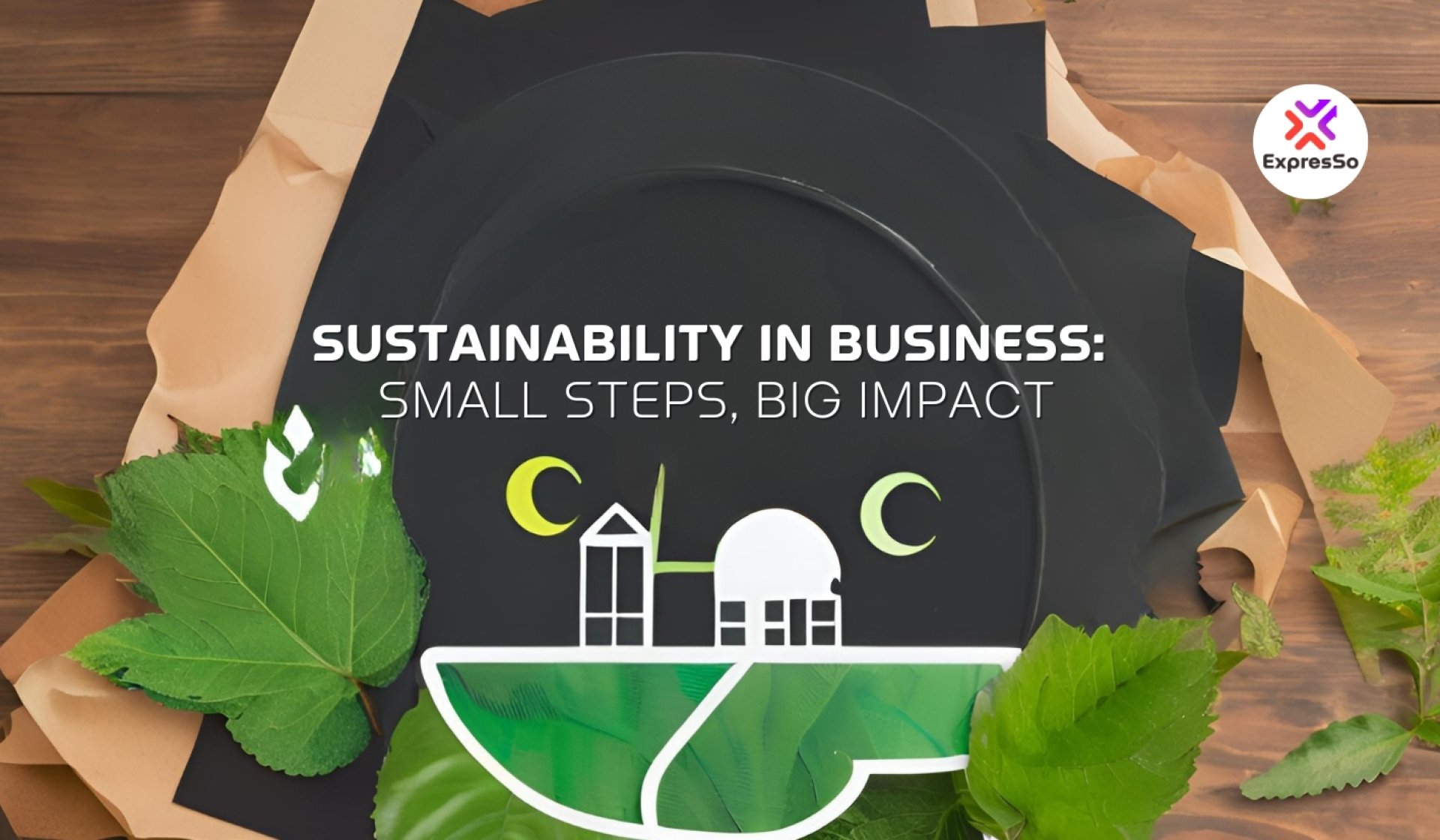Small Steps for Big Impact: Sustainability in Business

In today's business landscape, sustainability is more than just a buzzword --- it's a responsibility that can lead to significant benefits for both the planet and your organization. Implementing sustainable practices not only helps reduce your carbon footprint but also enhances operational efficiency and can lead to cost savings.
Adopting Sustainable Habits: Practical Steps
Here are some practical steps to consider:
Incorporating these habits into your daily routine can make a meaningful difference. For instance, switching to a reusable water bottle not only reduces plastic waste but also sets a positive example for colleagues and clients. Similarly, reducing energy use through simple measures like turning off unused equipment can lead to noticeable savings over time.
By adopting these sustainable practices, businesses can contribute to a greener future while also reaping the benefits of increased efficiency and cost savings. As highlighted by the Financial Times, businesses that lead in sustainability initiatives often experience long-term growth and enhanced brand reputation.
What sustainable habits have you embraced in your business operations?
Adopting Sustainable Habits: Practical Steps
Here are some practical steps to consider:
- Switch to Reusable Water Bottles: Single-use plastic bottles contribute to pollution and waste. By using a reusable water bottle, you can minimize plastic waste, conserve resources, and lower your carbon footprint. These bottles offer a practical and stylish solution, making staying hydrated easier while supporting a healthier environment.
- Reduce Energy Consumption: Implementing energy-efficient practices in the office can lead to substantial cost savings and a reduced carbon footprint. Energy-efficient measures, such as utilizing LED lighting or optimizing heating and cooling systems, can result in lower utility bills.
- Encourage Public Transport: Promoting greener commuting options like public transport or cycling can significantly lower emissions associated with daily travel. Encouraging employees to use public transport or cycle to work can reduce the number of vehicles on the road, leading to decreased greenhouse gas emissions and improved air quality.
Incorporating Sustainable Practices: A Business Perspective
Incorporating these habits into your daily routine can make a meaningful difference. For instance, switching to a reusable water bottle not only reduces plastic waste but also sets a positive example for colleagues and clients. Similarly, reducing energy use through simple measures like turning off unused equipment can lead to noticeable savings over time.
By adopting these sustainable practices, businesses can contribute to a greener future while also reaping the benefits of increased efficiency and cost savings. As highlighted by the Financial Times, businesses that lead in sustainability initiatives often experience long-term growth and enhanced brand reputation.
What sustainable habits have you embraced in your business operations?
Related Content
Climate-driven losses could hit $610B/year by 2035. Business leaders must act now to build resilience and protect value.
Join the movement this Earth Day. Discover how small changes can drive big impact for a more sustainable planet.
Digital innovation is key to Asia's clean energy future—empowering grids, people, and communities for a just energy transition.






